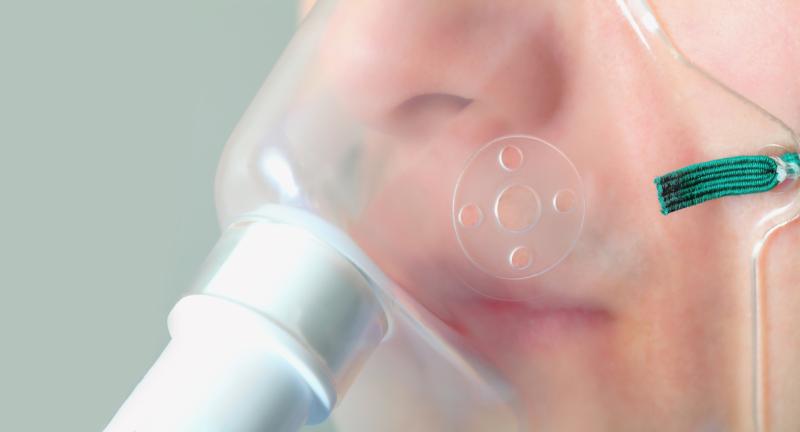Obesity prolongs hospital stay, viral shedding in COVID-19 patients





Coronavirus disease 2019 (COVID-19) patients who are obese need longer hospital stay, more intensive and longer oxygen treatment, and appear to have extended viral shedding, suggests a study. Obesity, however, does not predict mortality.
“[O]ur data show that [individuals] with obesity affected by COVID-19 required extended hospitalization and more intensive and prolonged oxygen treatment,” the researchers said. “Still, they did not have an increased risk of mortality as compared to [those] without obesity.”
This study examined 100 consecutive patients with COVID-19 pneumonia in a medical unit. Anthropometric parameters and past medical history were registered. Nasopharyngeal swab sampling and biochemical analysis were conducted at admission and during hospital stay.
Age, gender, and comorbidities were similar in patients with (OB group; n=29) and without (N-OB group; n=71) obesity, but hypertension was more frequent in the OB group. Obese COVID-19 patients also had higher inflammatory markers than nonobese individuals at admission. [Obes Res Clin Pract 2020;doi:10.1016/j.orcp.2020.05.009]
Moreover, the pulmonary clinical feature was worse in the OB group. Obese vs nonobese patients had lower PaO2 (57±15 vs 68±14 mm Hg; p=0.042) and SaO2 (88±6 percent vs 92±5 percent; p=0.049) at admission, requiring higher volumes of oxygen (Fi02: 38±15 percent vs 29±19 percent; p=0.047) and a longer period to achieve oxygen weaning (10±6 vs 15±7 days; p=0.03).
Additionally, patients in the OB group had positive swabs for longer time (19±8 vs 13±7 days; p=0.002) and required extended hospitalization (21±8 vs 13±8 days; p=0.0008).
In partial least square regression analysis, body mass index, age, and C-reactive protein at admission predicted longer length of hospital stay and time for negative swab. Obesity, however, was not associated with higher mortality.
The researchers previously reported the association between obesity and a longer length of hospitalization in a preliminary report of 52 patients. The results of the current study confirm this finding, expanding the population included in the present cohort and providing potential explanations. [Metabolism 2020;108:154247]
“We now did not find any significant difference concerning previous comorbidities between OB and N-OB group,” the researchers said.
“If future studies will confirm this finding, clinical guidelines for the isolation period upon infection from SARS-COV-2, [the causative agent of COVID-19], should be personalized in case of individuals with obesity,” they noted.
Of note, the researchers cautioned about the possible inaccuracy of the estimated duration of viral shedding calculated in their report.
“Indeed, the days of viral shedding were counted starting from the date of the first positive swab performed upon admission to the emergency department. Information regarding the exact onset of the clinical symptoms was not systematically recorded,” they explained.
The present study is also limited by its small sample size and the lack of information on the severity of insulin resistance associated with obesity, which is said to contribute to the risk of cardiac dysfunction and cardiovascular-related mortality. [Cell Metab 2017;26:292-300]
“Phase II of the pandemic might represent an excellent opportunity for deepening our knowledge and acquiring further information regarding the potential influence of waist-to-hip ratio and the levels of insulin resistance on the association between obesity and severity of the SARS-CoV-2 infection,” the researchers said.